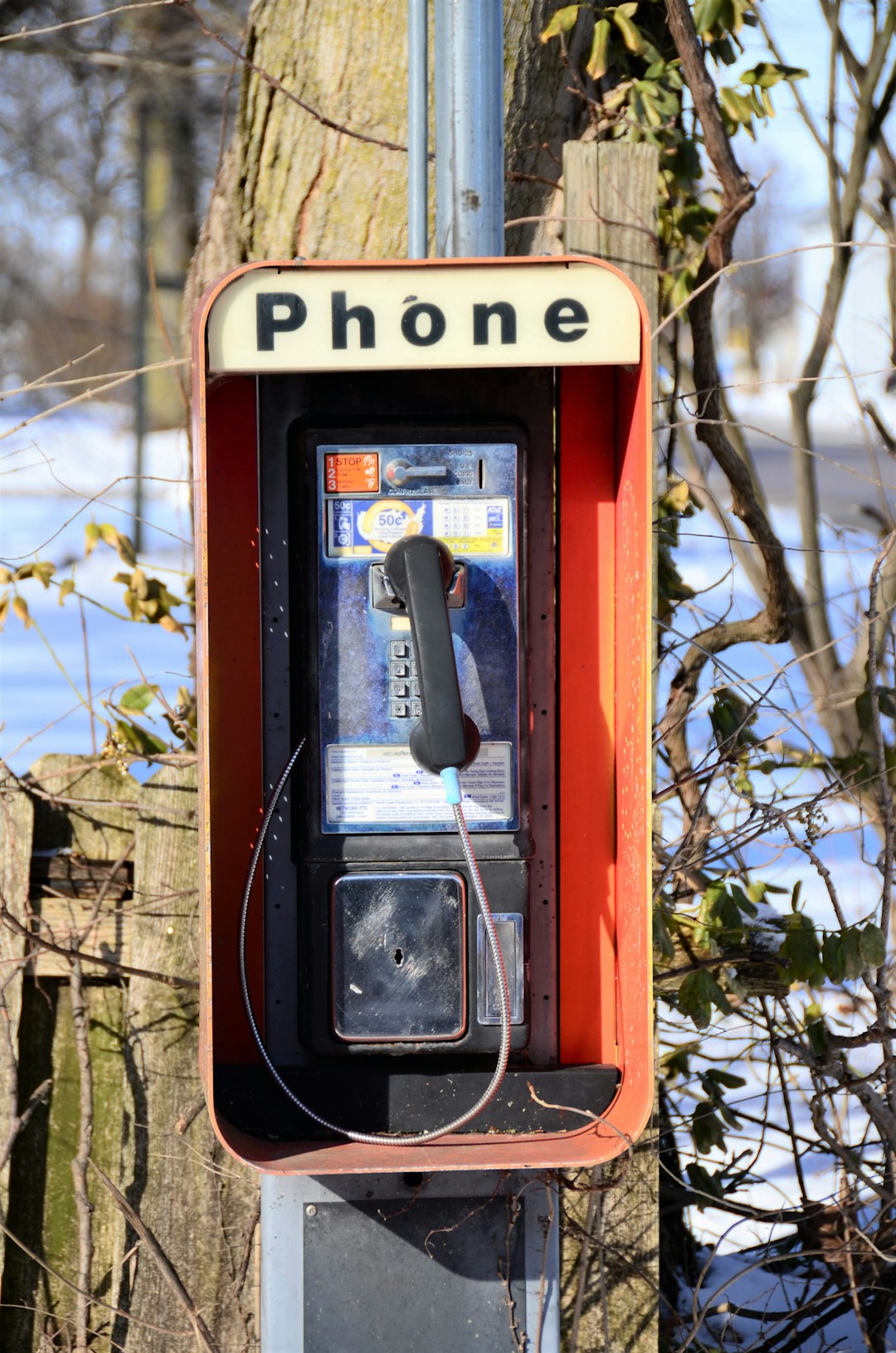Strict Maine regulations target spam calls, with severe penalties for non-compliance, including license revocation. Businesses need a spam call attorney Maine to navigate consent requirements, do-not-call lists, data privacy, and ethical telemarketing practices to avoid legal issues and protect consumer rights. Engaging such an attorney ensures adherence to federal and state laws, shielding companies from license revocations and fostering a fair market environment.
In Maine, strict laws govern telemarketing practices to protect consumers from aggressive or non-consensual marketing calls. When telemarketers fail to comply with these regulations, the consequences can be severe, culminating in license revocation. This article delves into the process and legal complexities surrounding license revocations for non-compliant Saco telemarketers, highlighting the crucial role a spam call attorney Maine plays in navigating these challenges. We’ll outline steps involved, consumer protection measures, and how a legal expert can help.
Understanding Maine's Laws on Telemarketing Practices

In the state of Maine, telemarketing practices are strictly regulated to protect consumers from unwanted or deceptive calls, often referred to as spam calls. Understanding these laws is crucial for businesses and individuals involved in direct marketing, especially those employing telemarketing techniques. A spam call attorney Maine can provide expert guidance on navigating this regulatory landscape.
Maine’s laws aim to ensure transparent and ethical telemarketing by setting clear guidelines on consent, disclosure, and do-not-call lists. Businesses must obtain explicit permission from consumers before making marketing calls, and failure to adhere to these rules can result in severe consequences, including license revocation. Consumers in Maine have the right to opt-out of such calls, and companies must respect these choices, avoiding not only legal penalties but also damaging their reputation.
When Does Non-Compliance Lead to License Revocation?

In the strict regulatory environment surrounding telemarketing, non-compliance with established rules and regulations can have severe consequences for businesses and their representatives. One of the most significant outcomes is the potential revocation of marketing licenses, which can effectively halt operations for these companies. Maine, like many states, has stringent laws to protect consumers from intrusive or deceptive practices, especially when it comes to spam calls.
Non-compliance typically arises from various violations, including but not limited to, failing to obtain proper consent for calls, ignoring do-not-call requests, making misrepresentative statements during sales pitches, or using automated dialing systems without the required disclosures. When these occurrences are documented and proven, regulatory bodies, often with the assistance of a spam call attorney Maine, can initiate actions that may lead to license revocation. This serves as a stark reminder for telemarketing companies to adhere to the law to avoid such penalties.
The Role of a Spam Call Attorney in Navigating Legal Complexities

In the complex landscape of telecommunications regulations, especially regarding telemarketing practices, a spam call attorney in Maine plays a pivotal role. These legal experts are equipped to navigate the intricate web of laws and policies designed to protect consumers from unwanted or deceptive calls. With a deep understanding of federal and state guidelines, such attorneys ensure that businesses operating within the realm of telemarketing adhere to strict standards, thereby avoiding costly legal repercussions.
A spam call attorney in Maine assists companies in interpreting and complying with regulations, including those related to do-not-call lists, consumer consent, and data privacy. They help craft strategies that safeguard against potential license revocation by identifying and rectifying non-compliance issues. Through their expertise, businesses can ensure their telemarketing activities remain legal and ethical, fostering a robust and fair market environment for all participants.
Step-by-Step Process for Revoking a Telemarketer's License

The process of revoking a telemarketer’s license in Maine for non-compliance involves several crucial steps, guided by a spam call attorney Maine residents can trust. First, identify the specific regulations that were violated. The Maine Attorney General’s office oversees telemarketing practices and enforces laws against unsolicited calls, often referred to as ‘spam calls’. Once violations are established, a formal complaint is filed with the Office of Professional and Business Regulation (OPBR). This complaint details the nature of non-compliance, providing evidence such as consumer complaints or recorded call data.
After filing, a hearing is scheduled where both parties present their cases. The telemarketer has the opportunity to explain any mitigating factors while the state argues for license revocation based on the violations. If the OPBR finds the allegations proven, they can issue an order revoking the license. This order is then reviewed by a Maine court, ensuring due process. Upon final approval, the license is officially revoked, barring the telemarketer from conducting business in the state until a new application and approval process is completed. Engaging a spam call attorney Maine offers throughout this process can help ensure fairness and navigate the complex legal procedures effectively.
Protecting Consumers: The Impact and Prevention Measures

In the dynamic landscape of telemarketing, protecting consumers from invasive and non-compliant practices is paramount. Maine, like many other states, has strict regulations in place to combat spam calls and ensure fair business practices. When telemarketers fail to adhere to these guidelines, severe consequences can ensue, including license revocation. This measure serves as a powerful deterrent, emphasizing the importance of respect for consumer privacy and rights.
Spam call attorney Maine plays a pivotal role in this process by offering legal guidance and representation to both businesses navigating regulatory complexities and consumers seeking redress. By upholding these rules, Maine aims to foster a transparent and ethical telemarketing environment, shielding residents from annoying and potentially harmful unsolicited calls.






